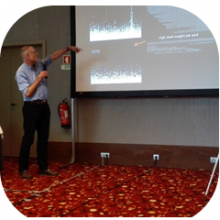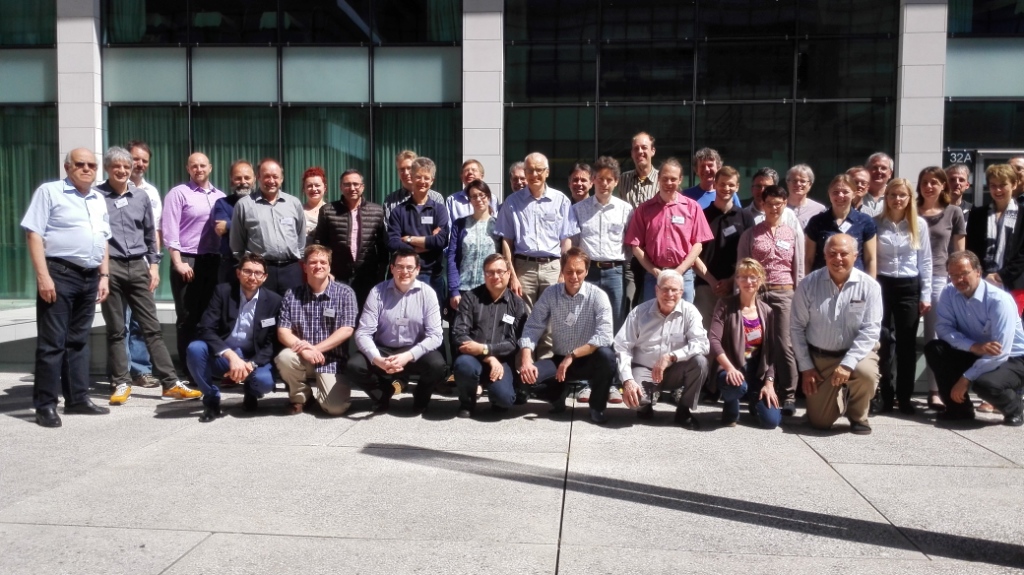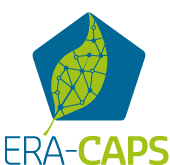
The Second ERA-CAPS Grant Holders’ Workshop was organised by FCT on 7-8 May 2015 in Lisbon.The Workshop formed the kick-off event for projects funded under the 2nd Call and allowed projects funded under the 1st
Call to show their ongoing work, with the important aim of promoting network in the field of Plant Science. Under the two calls,the 26 best ranked transnational projects, involving 125 research teams from 12 different countries, were recommended for funding by the ERA-CAPS call consortium. A total of 41.7 M€ will hence be invested in plant science research at the transnational level over the coming years.

The Workshop was held in Lisbon (Hotel Olissippo Oriente) on May 7-8th2015, and attended by representatives of the majority of the 26 projects that were funded through the first and second ERA-CAPS joint calls on “Expanding the European Research Area in Molecular Plant Sciences”. ERA-CAPS partners, observers and the Scientific Advisory Body members were also invited to participate.
The aims of this workshop were to:
- Have the grant-holders funded in the first ERA-CAPScall present their ongoing projects;
- Have the kick-off of the ERA-CAPS projects funded under the framework of the second call;
- Provide the opportunity for networking;
- Get feedback on call procedures and ERA-CAPS in general.
Each funded ERA-CAPS project representative presented their ongoing work or their project plans, and potential issues in which some input from the ERA-CAPS community may be useful. In addition, feedback on call procedures was also discussed withthe project representatives.
Because of the open nature of both ERA-CAPS calls, the funded projects covered a wide spectrum of molecular plant sciences topics involving research questions majority related to the themes of:
- Food Security;
- Non-food crops;
- Adaptation to a changing climate;
- Biotic/abiotic stresses.
Regardless of their fundamental or more applied orientation, all projects share a clear relevance to societal challenges such as food security, climate change or sustainable use of resources. However, beside this mainstream image of plant science being devoted to feed the world, it was again highlighted that the field brought pioneering contributions to our basic understanding of biological mechanisms.
